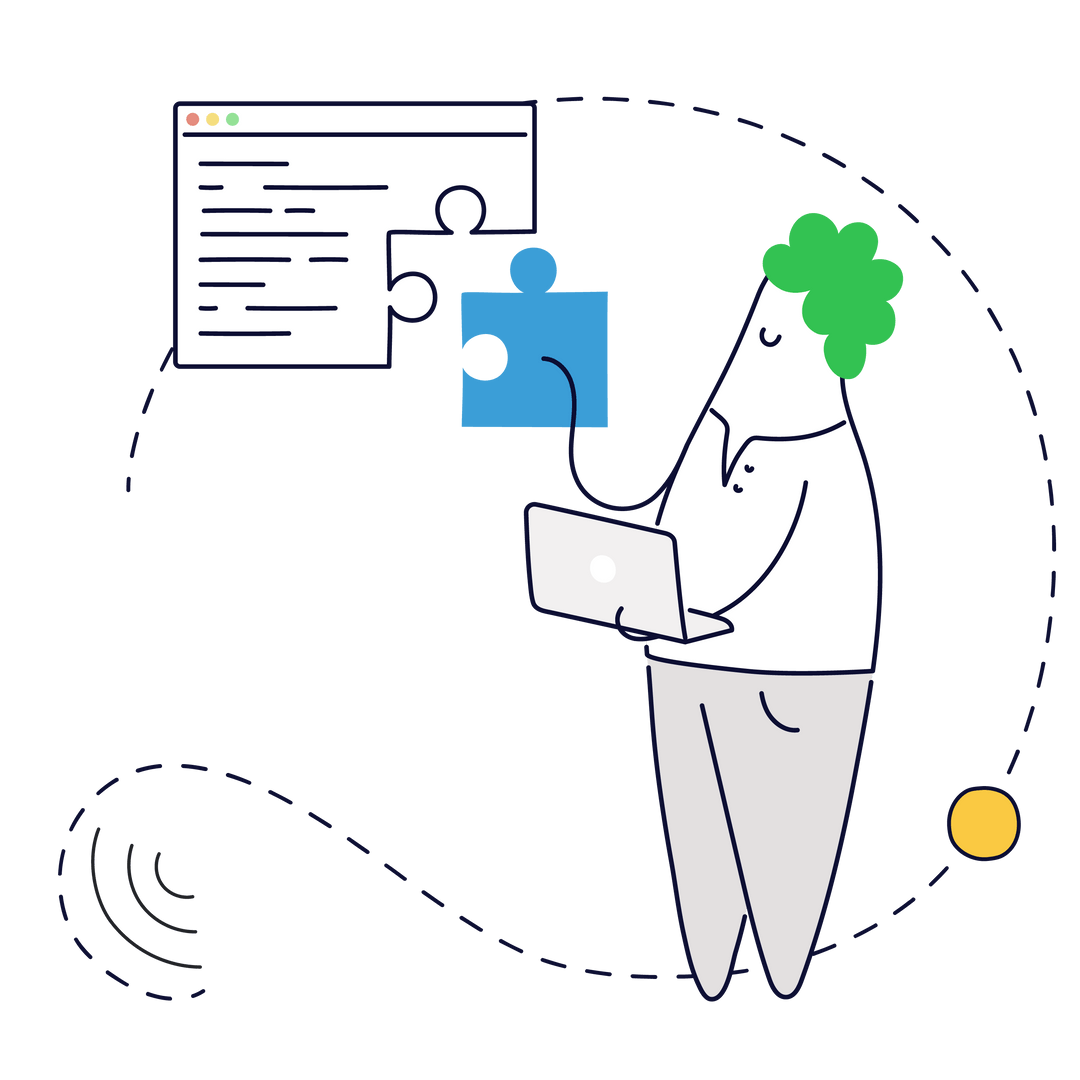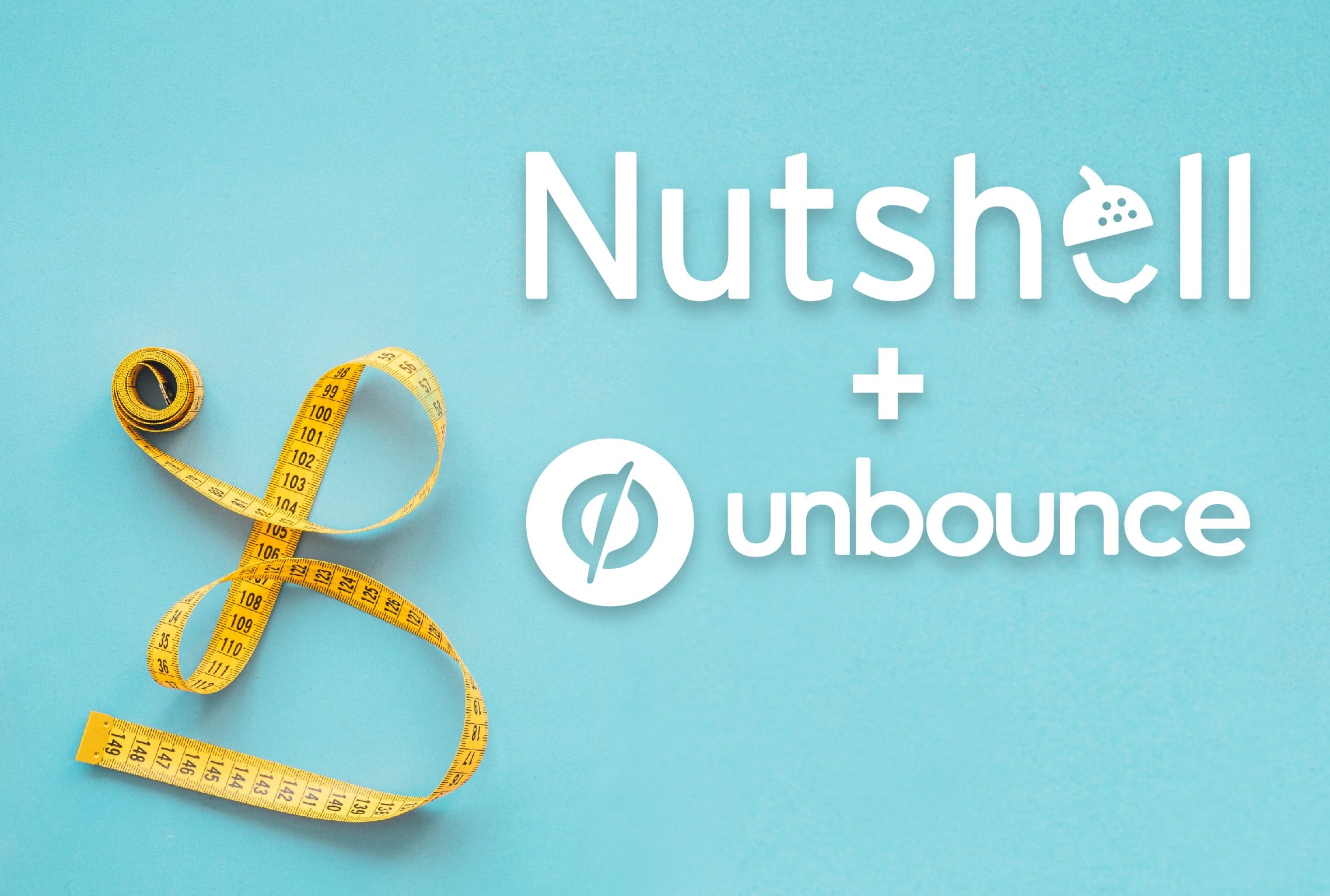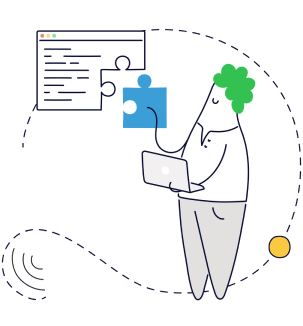
In today’s hyper-connected business landscape, customer relationship management (CRM) systems have become indispensable tools for organizations of all sizes. It’s also become essential to integrate your CRM with your other software tools to improve efficiency, streamline data management, and enable new uses for your CRM data.
Security should always be a top priority when your customer or business data is involved, so you’re likely wondering how CRM integrations can impact security and how to ensure secure integrations that prioritize the confidentiality, integrity, and availability of your data.
In this blog post, we delve into security and CRM integrations, exploring the potential risks, highlighting best practices, and equipping you with actionable insights to safeguard your business. Let’s get started.
CRM integrations are a vital link between your CRM and other crucial tools and platforms, enabling you to easily manage data across platforms and access additional functionality within your tools.
Businesses today can integrate their CRMs with a vast range of tools, including tools for email, customer support, document management, automation, and more.
For instance, integrating your CRM with customer support software streamlines support by syncing contact and interaction data across both platforms, providing agents with accurate and complete information. Integrating your CRM and your contract management software enables you to manage your sales documents right in your CRM and send data from proposals into your CRM.
These integrations enable businesses to get more value from their tech stacks and streamline workflows, enhance customer engagement, and drive data-informed decision-making.
To successfully integrate other software tools with your CRM and reap the benefits of CRM integration, security needs to be a top consideration, as it always should be when it comes to your data.
CRM integrations and application programming interfaces (APIs)—interfaces that enable software to communicate with one another—are subject to many of the same security threats as other types of software.
By understanding and proactively addressing potential risks, you can protect your data. Here are some of the most important security considerations related to CRM integrations.
One of the primary security threats businesses need to protect themselves from is unauthorized access and data breaches. Integrating your CRM with multiple systems creates new potential entry points where unauthorized individuals could gain access to sensitive data. Strong access controls, encryption, and regular security audits are essential to mitigate the risk of unauthorized access and prevent data breaches.
Integrating new tools with your CRM provides new sources of data. When data is added to your system, it’s essential to ensure data quality and accuracy by applying data governance procedures and regularly cleaning and validating your data.
Any time you’re handling customer data, compliance with data protection regulations is essential. When working with CRM integrations, it’s important to ensure compliance with regulations through things like encryption, consent management, and data retention policies.
Security should be an integral part of your process from the very beginning to get the full benefit of CRM integrations and keep your data safe.
Below, we’ll go over some best practices to follow to help ensure secure CRM integrations.
Working with third-party integration providers is one of the easiest ways to integrate other software tools with your CRM. When selecting third-party providers, though, it’s essential to thoroughly vet them to ensure they have proper security measures in place.
Start by assessing their reputation and track record in handling data security. Look for certifications such as SOC 2 and ISO 27001, which indicate a commitment to information security best practices. Additionally, review the security policies, data encryption methods, access controls, and other measures they have in place to ensure they align with industry standards.
If you’re working with a third party for CRM integrations, they may handle many of the security best practices listed below. Even if you are working with a third party, it’s also important to be aware of some of the more technical security best practices.
Explore our current integrations and upcoming tools that will help you get even more out of Nutshell.
And get the inside scoop on Nutshell’s security policies here:

Controlling access to your CRM and other tools is essential for secure CRM integrations.
Having a secure token-based authentication method in place ensures that only authorized users can access your tools, APIs, and data. Any API keys should be treated with the same sensitivity as passwords.
Controlling access and user permissions is also vital for the security and integrity of your CRM integrations. Creating CRM access controls based on roles and responsibilities and only granting users the permissions necessary for their roles reduces risk.
Encrypting data during both storage and transmission is essential for keeping it secure and complying with security standards and regulations. Encryption makes your data unreadable to unauthorized individuals if they manage to gain access, providing an additional layer of defense. Ensure you also require signatures so only authorized users can decrypt or modify data.
Keeping up with the latest updates and security patches for your software and APIs helps protect you from known vulnerabilities and keeps your system secure. Apply any updates your vendors release to keep your tools and integrations up to date.
To keep your system secure, it’s essential to perform regular security audits and risk assessments. You can work with security professionals or use automated tools to conduct these assessments.
Placing limits on how often your APIs can be called is important for protecting yourself from spikes in traffic that can hurt performance and denial of service (DoS) attacks, which aim to overwhelm a system with traffic to shut it down.
It’s also important to track the use of your APIs over time so that you can detect unusual spikes in usage that may indicate a threat.
To maximize security, your whole team needs to be on board. Regular employee training on security best practices is essential to keeping your CRM integrations secure.
Integrating your CRM with other tools is essential for getting the most value from your tech stack. To successfully implement these integrations, security needs to be top of mind. By following these best practices, you can enhance the security of your CRM integrations and protect your data.
You can learn more about the integrations that Nutshell offers and the security measures we have in place below.
LEARN MORE ABOUT INTEGRATIONSLEARN MORE ABOUT SECURITY AT NUTSHELL

Join 30,000+ other sales and marketing professionals. Subscribe to our Sell to Win newsletter!
 Email & Calendar Sync
Email & Calendar Sync




Nutshell is easy to use with enterprise level features and no hidden fees.
See for yourself!